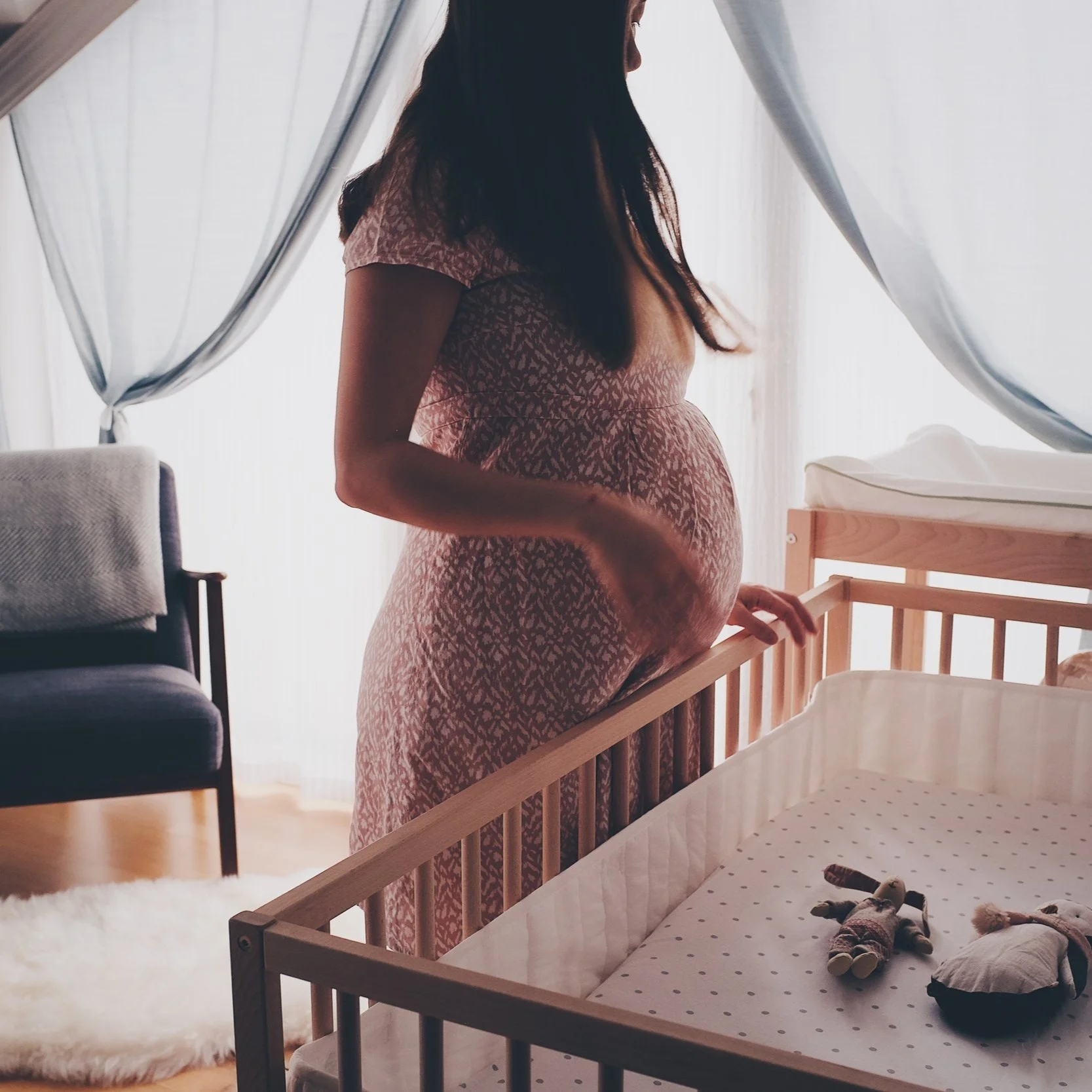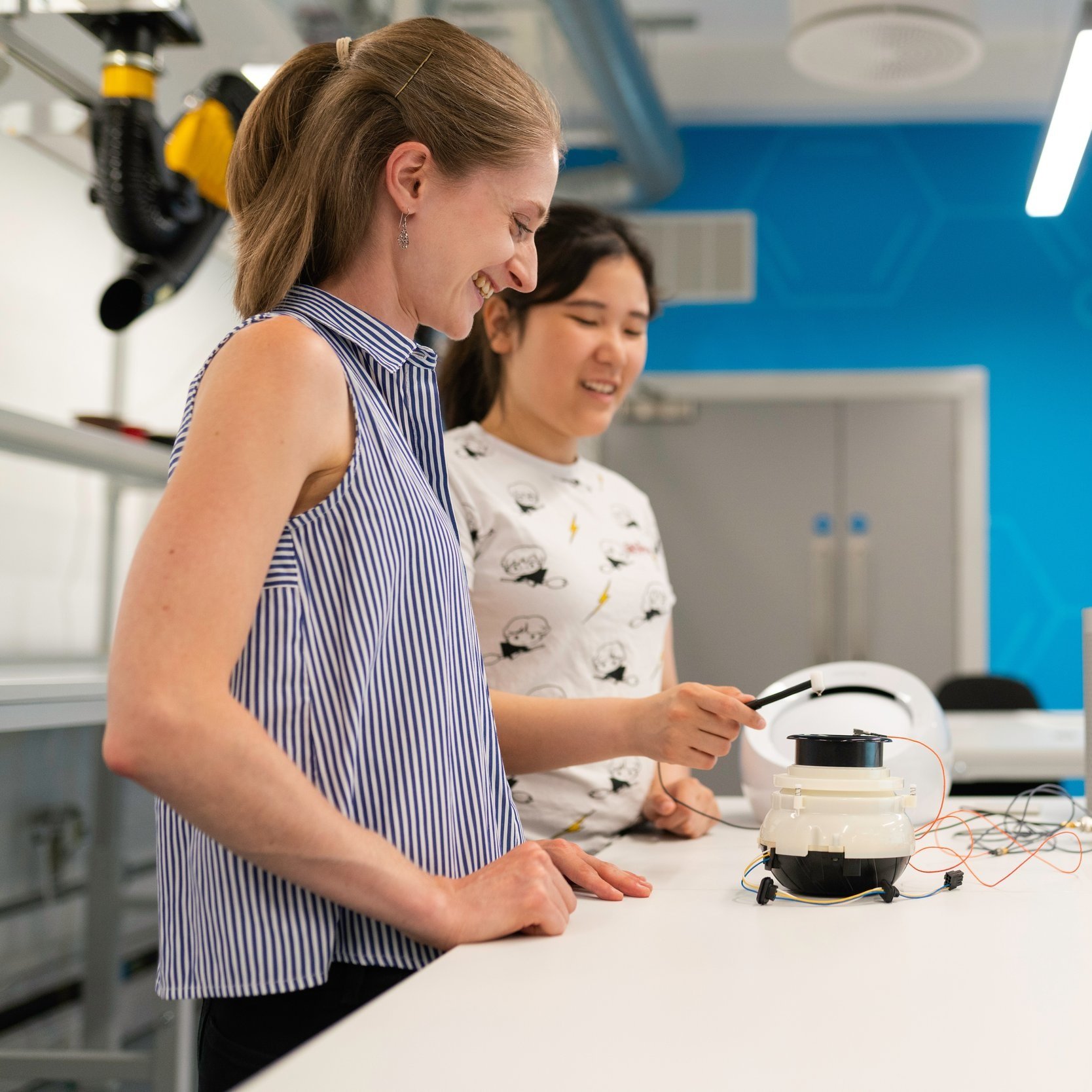Tobacco use, a leading cause of preventable death in the U.S., most frequently begins in adolescence. E-cigarettes are now the most widely used tobacco products among adolescents and young adults, and the prevalence of vaping among young people threatens to roll back years of progress in tobacco prevention and control. School-based programming has a critical place in tobacco prevention efforts for youth. Given the shifting trends in product use, these programs increasingly focus on e-cigarettes/vaping.
Read MoreIn 2023, online games and the game industry continue to be places where women, persons of color, and LGBTQ+ persons may not be welcome – or worse, may be targets of harassment. Just a few months ago, the annual Game Developers Conference was once again a site for gender-based harassment, according to a report by Alyssa Mercante in Kotaku.
Read MoreBeing a Guest Editor of a Special Collection can be a rewarding and valuable experience that offers numerous benefits for both personal and professional development. In addition to increasing visibility and recognition in the field, a Special Collection can provide you with the opportunity to expand your network, as well as to shape the content and direction of the field and journal.
Read MoreDespite the treatable nature of hepatitis C virus (HCV) infections through direct antiviral direct-acting antiviral (DAA) drugs, HCV rates remain rampant throughout the United States, particularly in correctional facilities. Recent investigations also reveal that HCV treatment efforts within jails and prisons are ineffective, flawed, and rife with misconduct and neglect. According to a 2022 STAT report authored by Nicholas Florko, many state prison facilities not only fall short in screening and treating incarcerated people with HCV, but also engage in egregious misconduct, such as avoiding mass testing of incarcerated people, providing incarcerated people with inaccurate information about available medicines, and refusing to treat incarcerated people.
Read MoreCannabis is one of the most commonly used substances among Canadian university students aged 18-25, coming in second only to alcohol. While cannabis is often anecdotally considered to be the ‘lesser of two evils’ compared to alcohol, cannabis consumption comes with risks of its own.
Read MoreWe need to talk about how to be original. I’II get onto why originality matters in the age of A.I. essays in a moment but let’s start with something a little more old school.
Read MoreIn today's health-conscious society, many young adults are increasingly using technology, such as smartphone apps and wearable devices, to track their food intake and physical activity. This behavior tracking allows individuals to closely monitor their dietary choices and exercise routines, enabling them to set goals and measure progress. While behavior tracking has the potential to support healthier choices and fitness goals, recent studies have raised concerns about potential risks, including eating disorders and disordered eating and exercise behavior.
Read MoreIn our research study, “Visualizing Mental Health through the Lens of Pittsburgh Youth” we used a new research method called Collaborative Filmmaking to work with youth to share their experiences of mental health through the creation of short films.
Read MoreNo one could have known when Therapeutic Advances in Rare Disease was launched on Rare Disease Day (February 28th) 2020 that we would soon be plunged into a global pandemic the likes of which had not been seen for a century. There were many times when, perhaps more sensible individuals, would have put this project on hold but we decided to push on. We felt that our new Journal had the potential to make a real difference to the rare disease community and who knew how long the pandemic was going to last!?!
Read MoreThere is a sexually transmitted infection (STI) so common that the average American will contract it at some point and likely never know they were infected. If they are unaware of the infection, they will also be unaware of its transmission to others. This STI is the human papillomavirus (HPV), and while many people’s natural immune systems can fight off and clear the infection, this is not always the case. When the body’s immune systems fail to clear the infection, the consequences can be devastating.
Read MoreClearly culture does not influence everything in international business. There are plenty of practices that are at least somewhat universal, but when culture matters it really matters.
Read MoreMost people have heard the phrase, “breast is best,” and are aware of at least some of the superior health benefits that breastfeeding provides. While most mothers attempt and intend to breastfeed, it is often just not that easy. An additional problem is that many mothers then experience shame and personal or societal blame for not breastfeeding according to recommendations.
Read MoreCancer remains a significant cause of death globally, despite a decrease in mortality rates over the past two decades. Understanding the biological mechanisms driving cancer progression and treatment resistance is essential for developing effective therapies and improving survival rates.
Read MorePregnancy is a unique “teachable moment” during a woman’s life where improvements to lifestyle behaviors, including diet and physical activity, not only serve to enhance their health, but also the health of their child. Traditionally, physical activity declines during pregnancy due to psychological reasons, such as desire to engage in physical activity, and physiological reasons, including fatigue due to childbearing. Yet, there are several health benefits to maintaining or increasing physical activity during pregnancy. These include reducing the risk for excess gestational weight gain (GWG), development of gestational diabetes mellitus, birth complications and incidence of cesarean section, and birthing a baby large for gestational age.
Read MoreFor most people, the early days of the pandemic will be remembered as a period of significant disruption to our daily lives. But for some of the most marginalized Americans, the pandemic afforded conditions of relative stability, safety, and privacy, as cities across the country turned to hotel rooms as a temporary solution for people experiencing homelessness.
Read MoreThe accommodation sector is one of the largest employers of minority and immigrant workers in the United States, with housekeeping being one of the largest forces. A housekeeping job is labor intensive and represents many physical and mental challenges.
Read MoreMany of us who do LGBTQ (lesbian, gay, bisexual, transgender and nonbinary, and queer) research are LGBTQ ourselves. What makes this particularly challenging for LGBTQ researchers is that there are unique stressors related to being an LGBTQ researcher. There are also unique stressors related to doing LGBTQ research. In my article Doubly Marginalized: Addressing the Minority Stressors Experienced by LGBTQ+ Researchers Who Do LGBTQ+ Research, I outline how being LGBTQ in higher education is related to higher rates of marginalization of us as people.
Read MoreLast spring, my colleagues and I had the honor of speaking to school nurses about their experiences working through the COVID-19 pandemic. We knew from our own work experiences and from hearing the stories of others that school nurses faced many challenges personally and professionally during the pandemic. School nurses were recipients of aggressive behaviors (see news article, after news article, after news article!), managed confusion over disease mitigation policies (again, news piece after news piece!), and risked their own health and safety so that schoolchildren could receive care. These unexpected and harmful situations bothered us, and we were worried that great school nurses would leave their jobs or the nursing discipline all together. Interviewing school nurses to ensure their perspectives and experiences during this monumental time in history were recorded was important to us, as well as finding some ways to ensure they could be supported to do the work they love to do.
Read MoreAre female scholars underrepresented in science? Does the gender of an author influence the impact and usage of a scientific paper? Is it more challenging for female scholars than for their male peers to join the club of the most productive elite scholars? The phenomenon of a potential gender bias in favor of male scholars was named the Matilda effect by Margaret W. Rossiter in 1993. Empirical evidence proves that female scholars experience negative discrimination against them worldwide and in virtually all disciplines. They are underrepresented in the higher ranks of academia, less likely to win scientific awards, and receive smaller grants less often than their male colleagues.
Read More


















